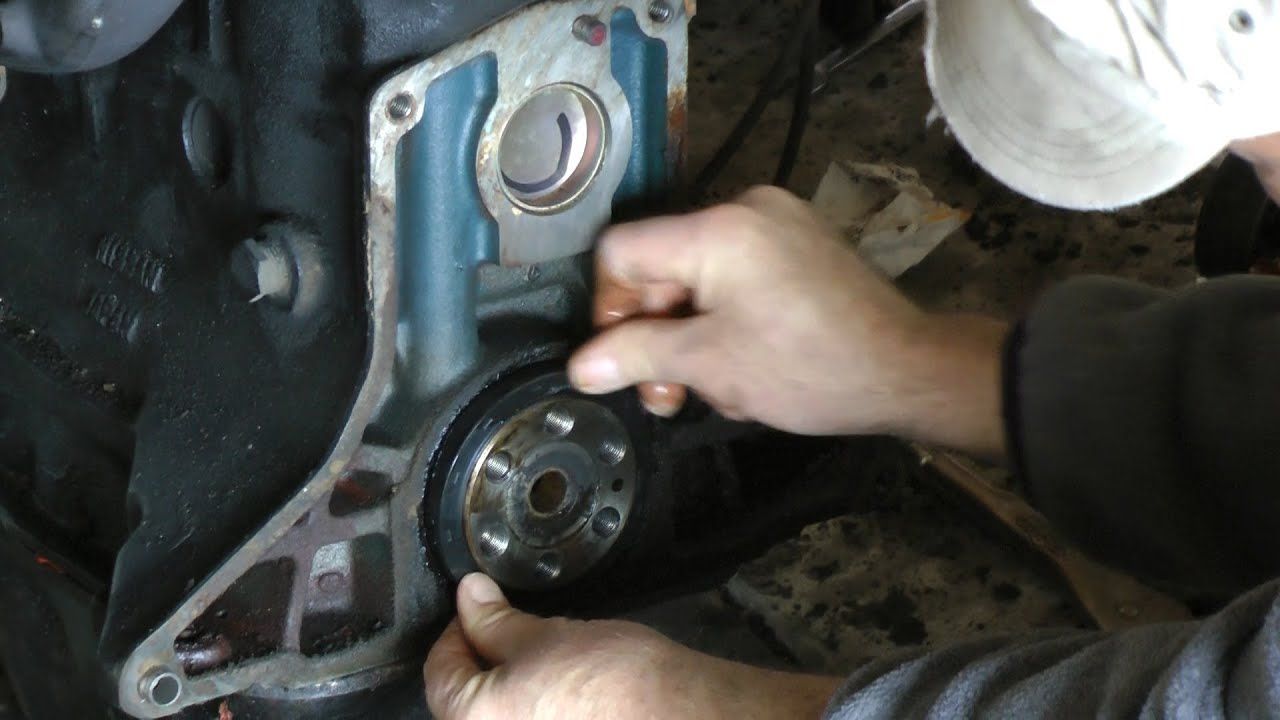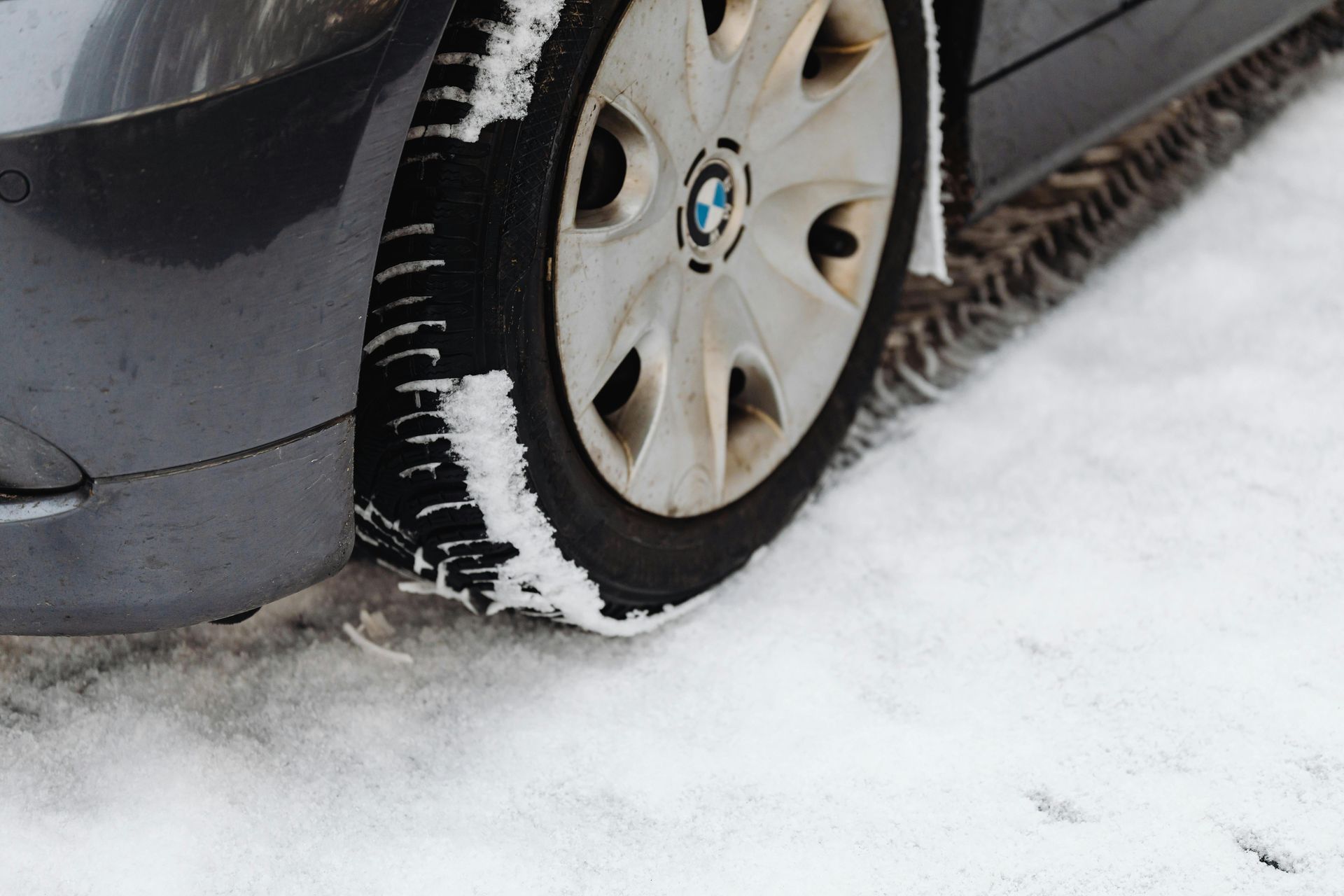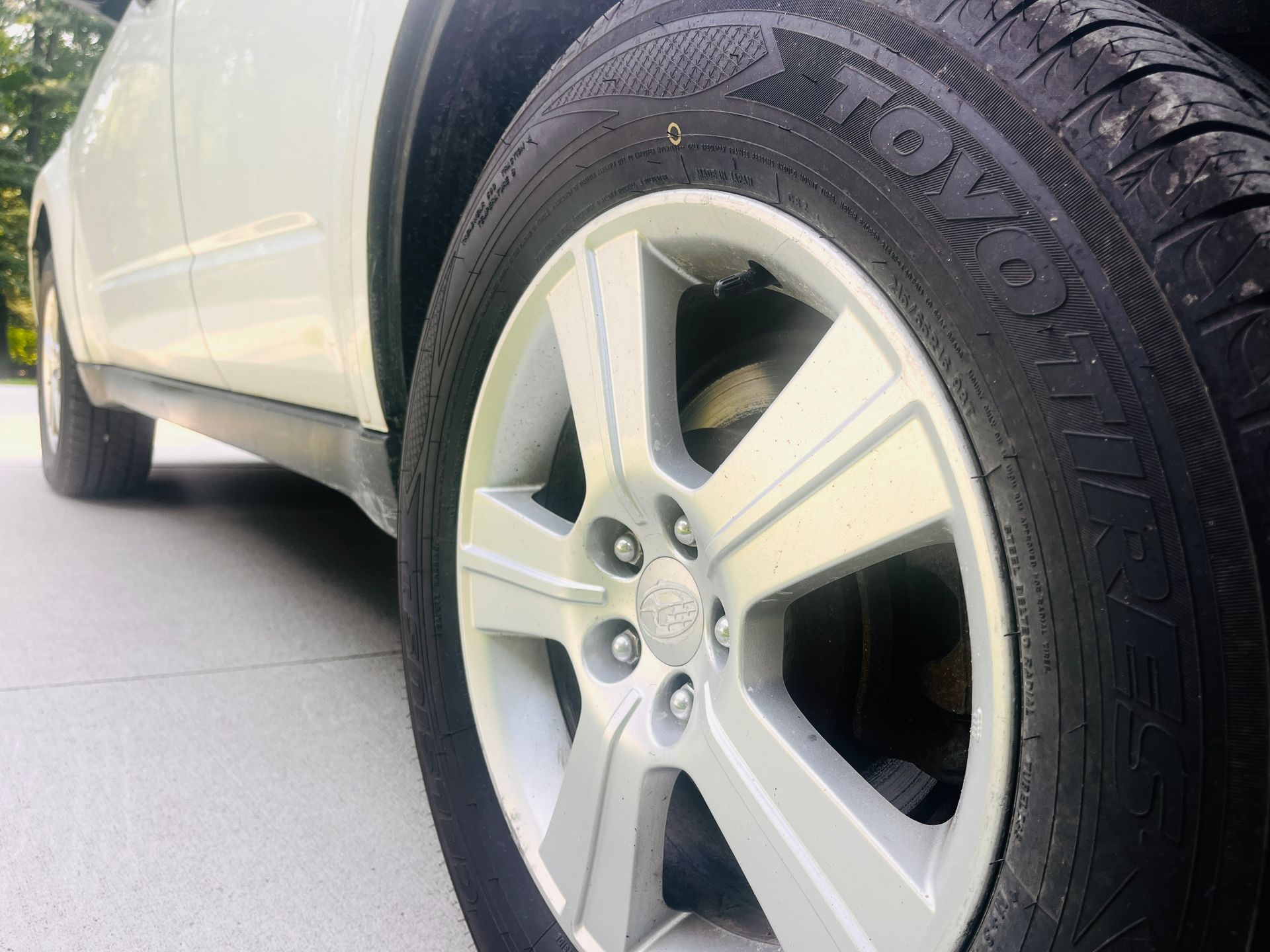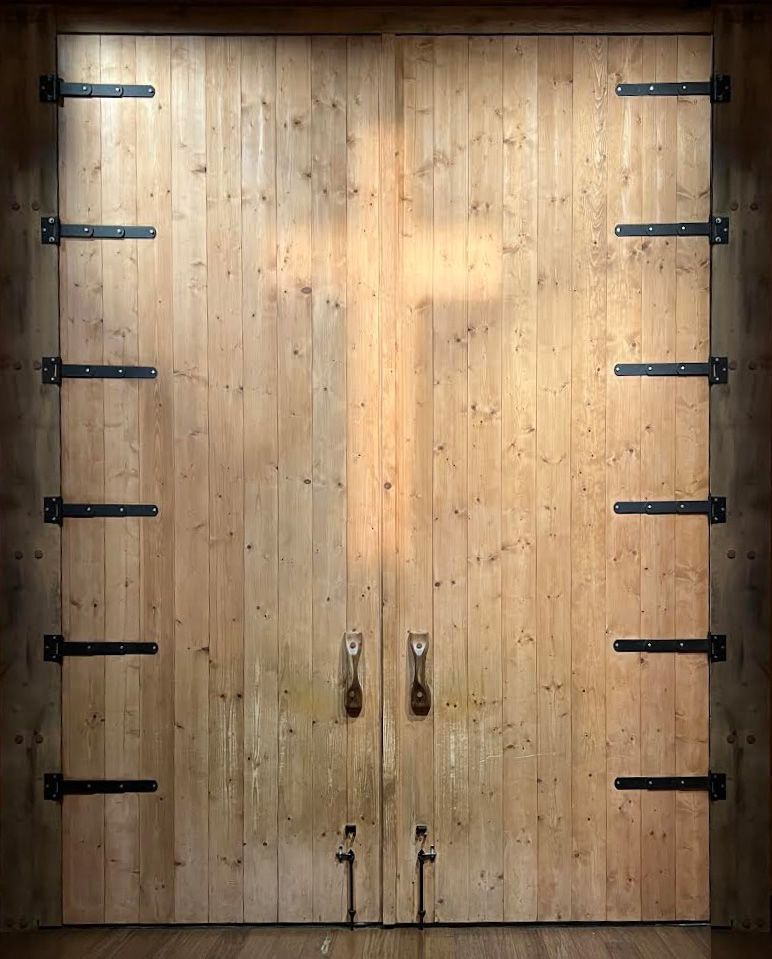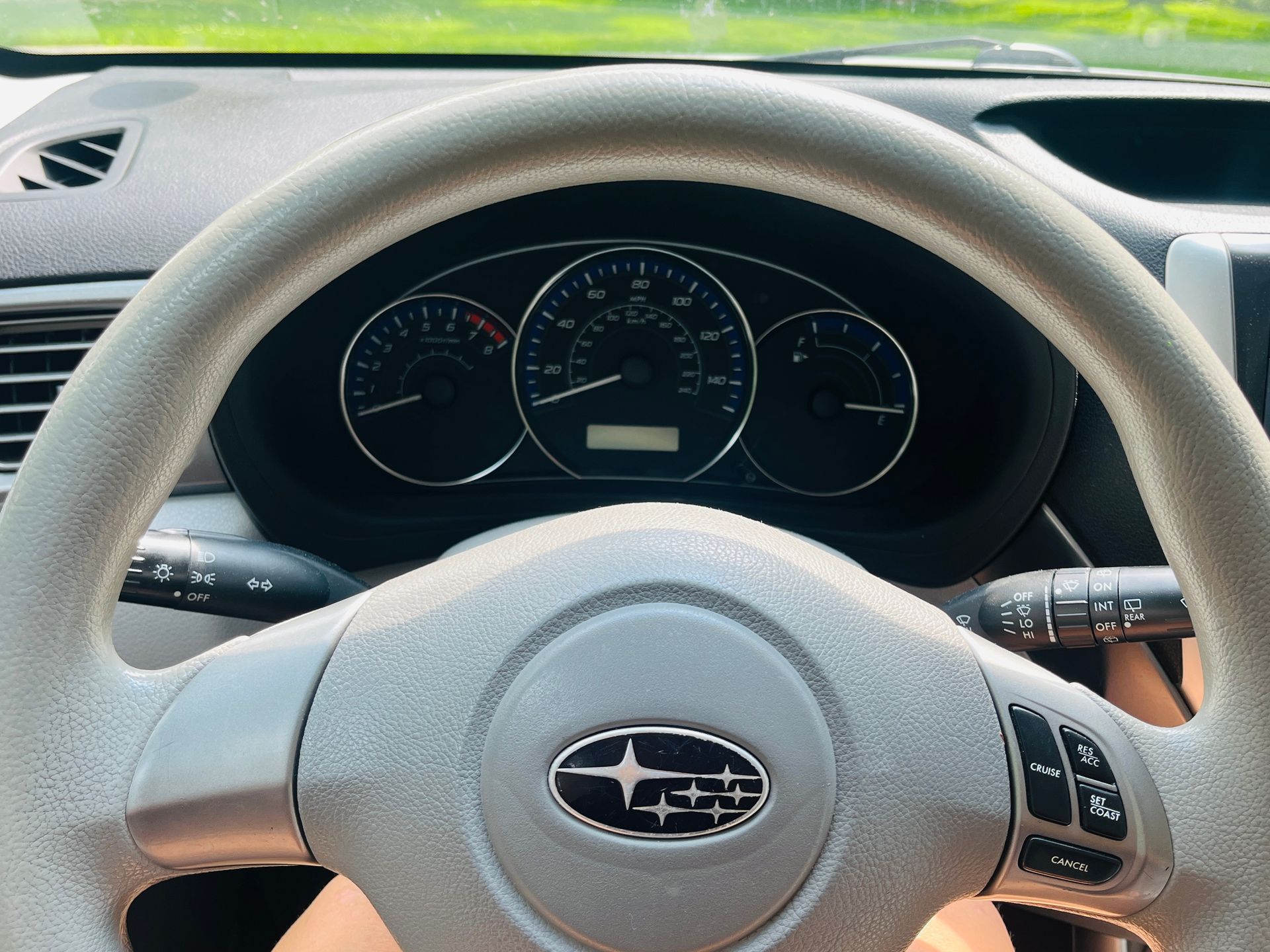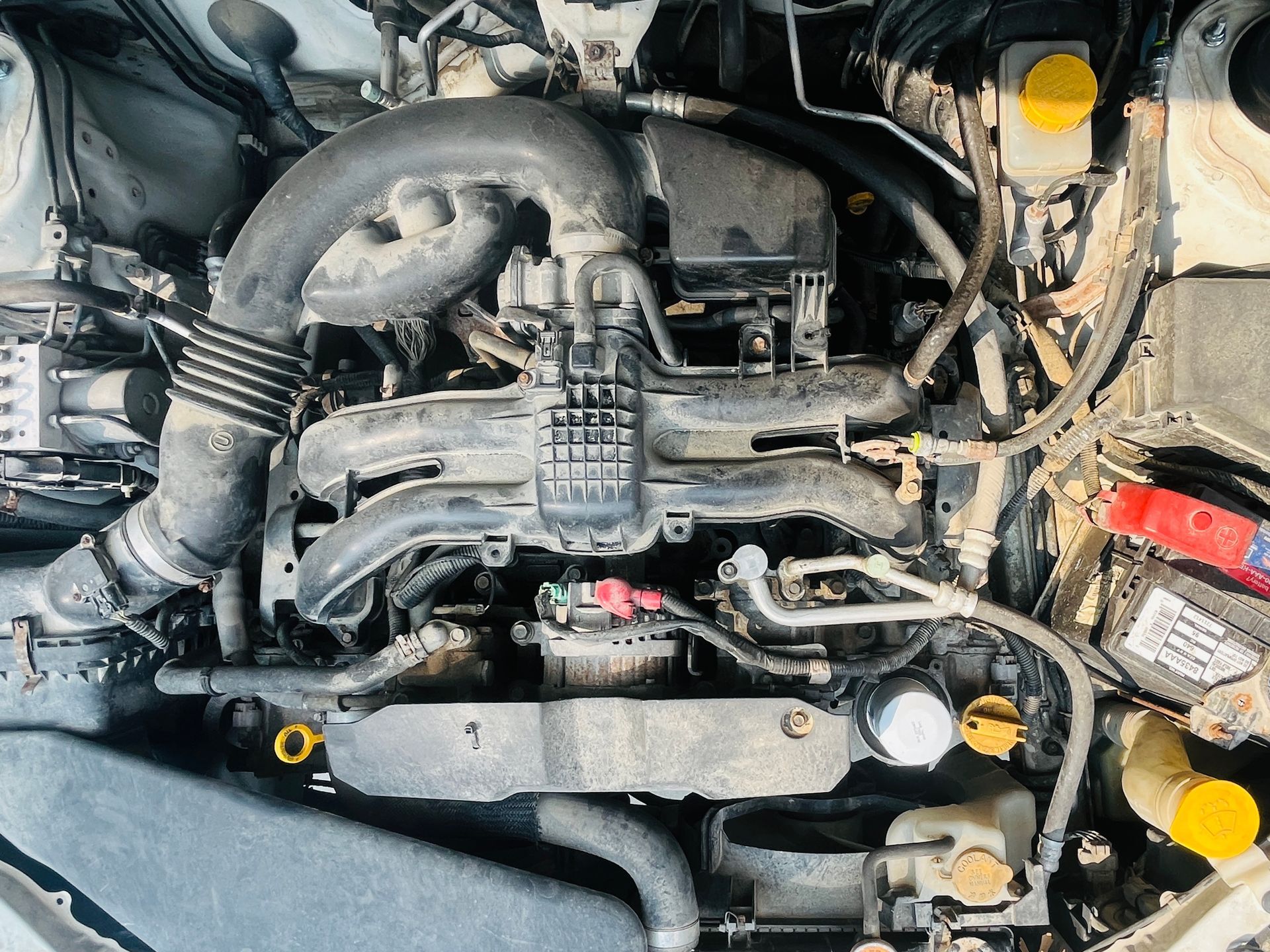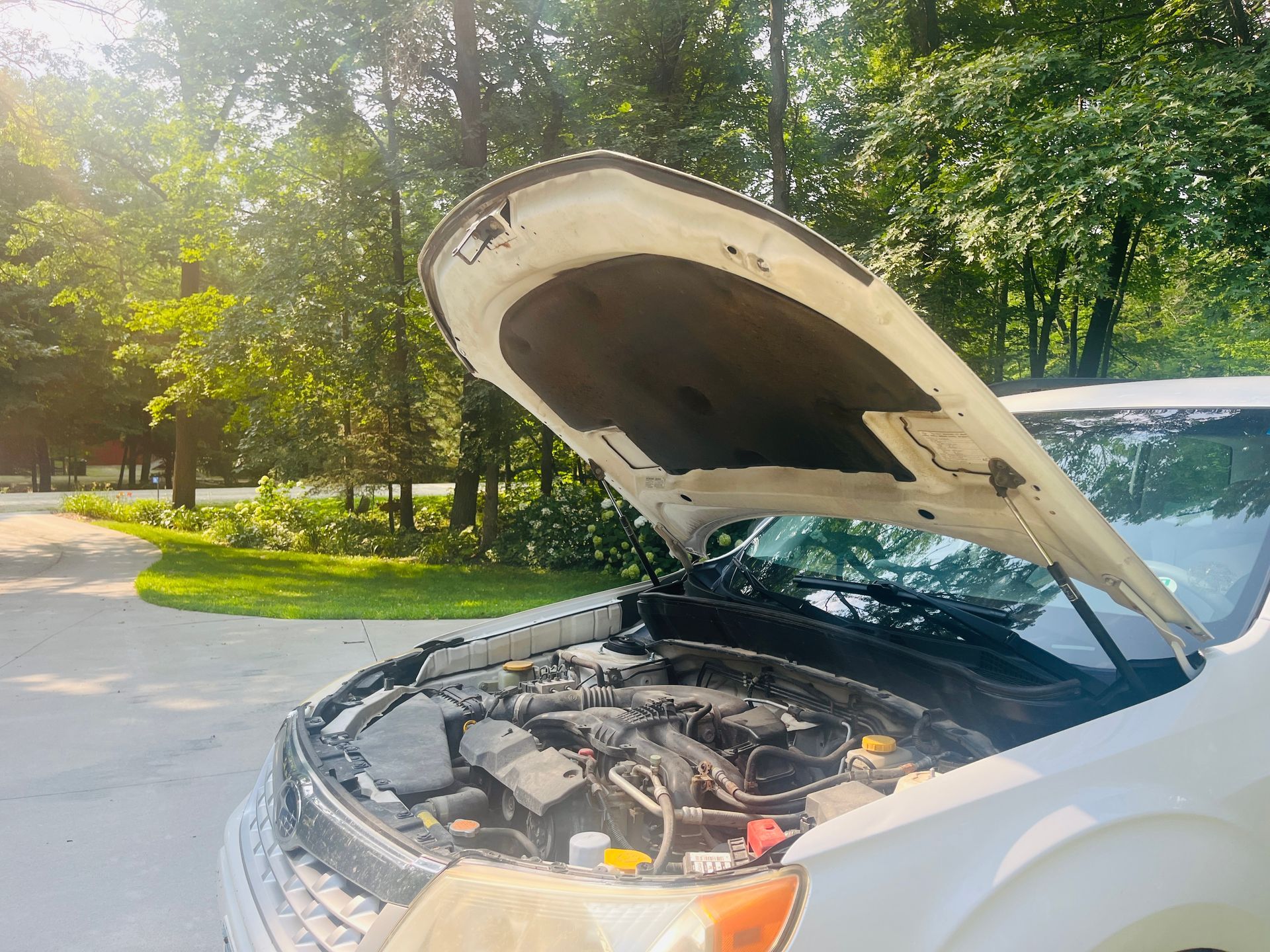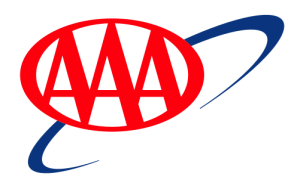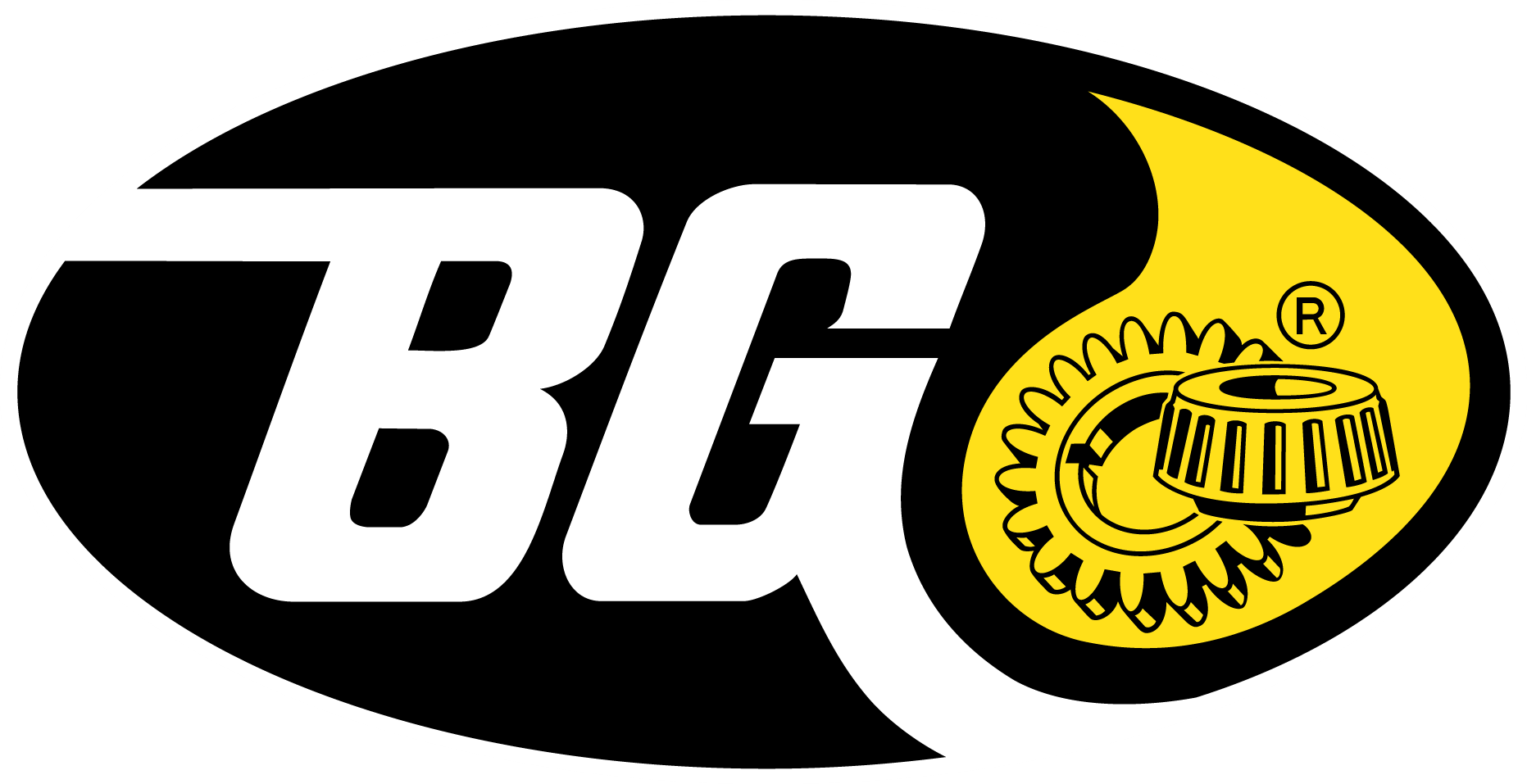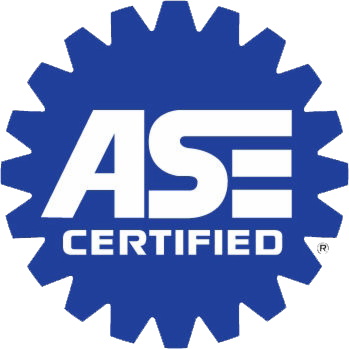Don't ignore your car's chirping brakes
June 6, 2013
Have you noticed squeaking coming from your brakes after my last article? Or do you get used to the sound after awhile and it's no longer irritating? That's how I am with our new chickens. At first when the sound was new, I heard them all of the time and even seemed to hear chickens wherever I went. But now it's "normal." Now then, Ronald the rooster has not started cock-a-doodle-dooing yet … we shall see if that becomes "normal"!
If you are used to the sound of your squeaking or grinding brakes, I implore you to start "hearing" them again. Sometimes squeaking is related to the quality of brake pads or shoes chosen. In that case, unless you are willing to have them upgraded, getting used to them is all you can do. But if you are experiencing the sound for any other reason, it's important to have them addressed for safety reasons.
Where do you go for your auto repairs? Does your auto-home offer a free brake inspection? What does a free inspection consist of? Just looking through the wheels? Or do they take your vehicle for a test drive and remove your tires for a thorough inspection? Doing the latter will cost money. The technician is paid for his/her time and ability to figure out the true reason for your problem. A thorough break evaluation often reveals surprising problems and may save you money in the long run.
Generally, a brake inspection will cost around $20. If the problem is more involved, it might be more expensive as the technician must then dig deeper to be sure the root of the problem is identified correctly so it can be fixed properly.
Because technicians are trained to recognize problems when they are performing other work on your vehicle, you may be alerted that your brakes need attention before you notice problems. It's similar to when you go in for a doctor's appointment for a specific reason and while you are there the doctor happens to notice something out of the ordinary - like a questionable mole. You'd surely want that doctor to bring it to your attention, right? It's the same thing your auto-technician will do. Whether you choose to do something about it is your decision.
Let's talk brakes. Since you have a general idea of the braking system from my last article, let's focus on specific kinds of brakes and braking components. There are two kinds - disc and drum. What kind do you have? Do you know the difference?
Disc brakes
When you are riding your bike, have you ever watched the little pads squeeze the tire when you squeeze the brake lever? Well, my friends, that is similar to disc brakes on a vehicle. The brake pads are attached to a caliper that squeezes the pads against the disc, or rotor, when you step on the brake pedal.
Potential problems with disc brakes
Brake pads wear out over time. Some people ignore signs of this or choose not to fix it. When it is ignored, further damage can occur. Metal brake components will grind on the rotor, damaging it enough that it needs to be resurfaced or replaced. Rotors can also warp or crack. They need to be replaced as well. Brake calipers also wear out over time, developing leaks, or the caliper pistons can seize - either way, they will need replacement. A thorough brake inspection will reveal worn wheel bearings or seals as well.
Drum brakes
In vehicles equipped with drum brakes, the brake components are housed inside a drum that rotates with the wheel. When you step on the brake pedal, the wheel cylinder is activated and it pushes the brake shoes against the inside of the drum to slow or stop your car.
Potential problems with drum brakes
Brake shoes can wear away with use from rubbing on the drum as you brake. When it's time to replace shoes, it's a straight forward repair … though not as much fun as buying a new pair of summer wedge sandals! If you ignore brake problems with drum brakes, for whatever reason, metal brake components will grind against the drum - damaging it enough that it has to be resurfaced or replaced as well. The wheel cylinder with various springs within the brake can wear out and cause braking problems, too. Again, replacement is necessary.
Now what?
Don't ignore brake noises. Don't assume it's just the pads or shoes that need replacement. Understand the importance of an inspection so that a qualified technician can advise you of the real origin of the problem and what steps need to be taken to fix it. Also, brake inspections are part of your preventative maintenance program so be sure to have them done at least every 20,000 miles.
Fancy or cheap?
When it comes to brake components, you have a choice to make - do you opt for quality or cost? Certainly you must make that decision based on your pocketbook, but remember that it may cost more up front and less in the future (with longer shoe or pad wear time) if you choose the higher quality parts initially. If you choose the less expensive route, it may cost less now but you may need to get your brakes replaced more often.
Look at it this way: Have you ever noticed the difference between a quality razor (to shave your face or legs)? If you choose the higher quality, often more expensive kind, you get a better shave (without painful bumps) and the blade lasts longer. If you choose a lesser quality razor, you have to replace it more often and your skin may suffer in the process. This is similar to picking quality parts for brakes. So be sure to talk to your auto-home about what's best for you and your vehicle so you can make an educated decision.
Brakes that work properly are essential to your safety. Don't mess around when there is a problem and be sure to have them inspected regularly with your other preventative maintenance services.

